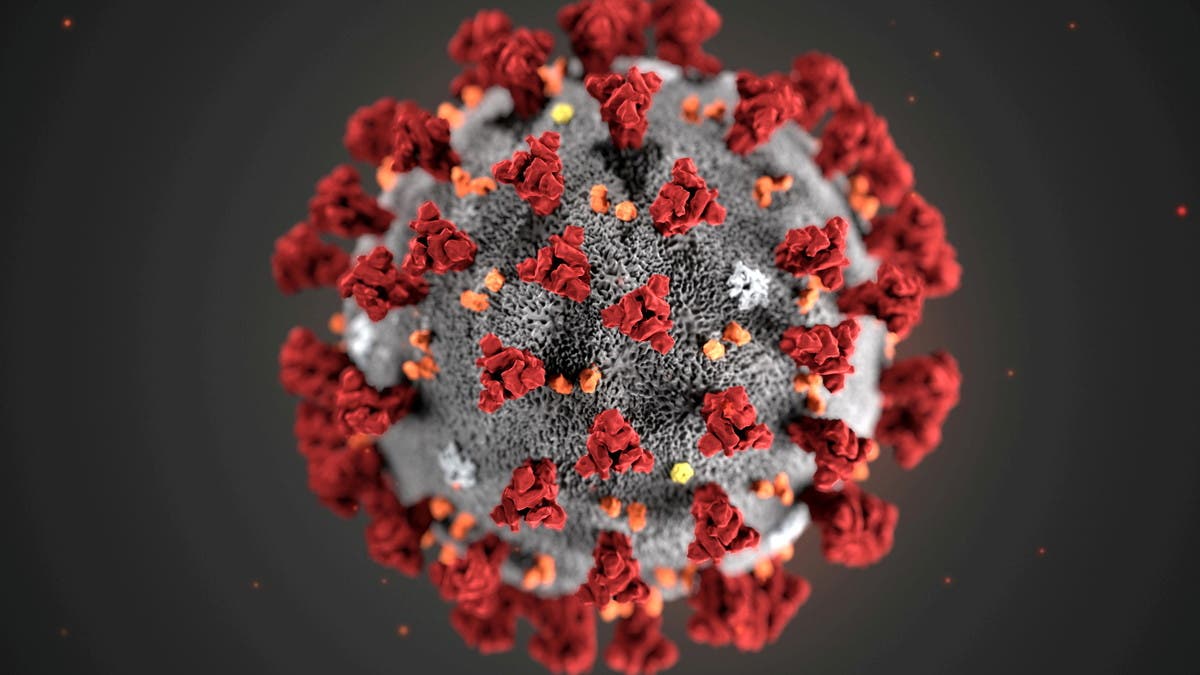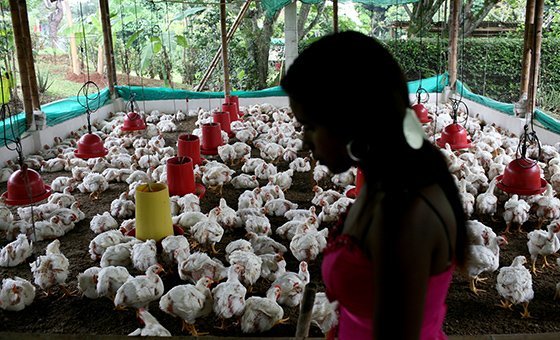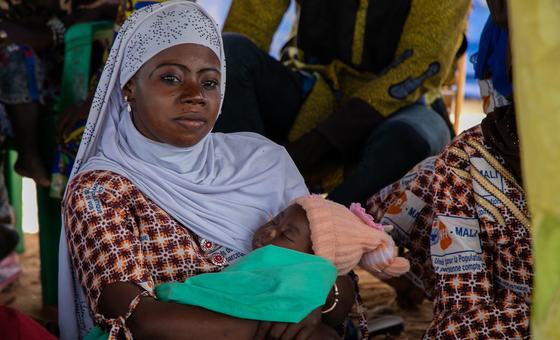Experts said Monday that an alleged hybrid coronavirus mutation dubbed “deltacron” reportedly discovered in a Cyprus lab is most likely the result of a lab contamination, and not a new worrying variant.
Cypriot media reported the discovery Saturday, describing it as having “the genetic background of the delta variant along with some of the mutations of omicron”.
While it is possible for coronaviruses to genetically combine, it is rare, and scientists analysing the discovery of so-called “deltacron” say it is unlikely.
“The Cypriot 'deltacron' sequences reported by several large media outlets look to be quite clearly contamination,” Tom Peacock, a virologist with the infectious diseases department at Imperial College London, tweeted over the weekend.
For more coronavirus news, visit our dedicated page.
Jeffrey Barrett, the head of the Covid-19 Genomics Initiative at Britain's Wellcome Sanger Institute, said the alleged mutations are located on a part of the genome that is vulnerable to error in certain sequencing procedures.
“This is almost certainly not a biological recombinant of the delta and omicron lineages,” he said Monday.
Scientists are eager to battle a deluge of disinformation about Covid-19, much of it circulating online.
Last week, unverified reports emerged of a “flurona” or “flurone” virus circulating — a combination of the flu and the coronavirus — which the World Health Organization (WHO) dismissed Monday.
“Let's not use words like deltacron, flurona or flurone. Please,” tweeted Maria van Kerkhove, an infectious disease epidemiologist at the WHO.
“These words imply combination of viruses/variants and this is not happening,” she said.
While people can suffer from influenza and coronavirus at the same time, the two viruses cannot combine.
In contrast to new variants of Covid-19 such as omicron, which greatly impact the course of the pandemic, cases of simultaneous infection of the flu and coronavirus are nothing new.
Since the start of the pandemic, the coronavirus has given rise to dozens of variants, four of which have been designated “of concern” by the WHO: alpha, beta, delta and omicron.
For the latest headlines, follow our Google News channel online or via the app.
Read more:
Cyprus scientists discover new ‘deltacron’ COVID-19 strain

 World2 years ago
World2 years ago
 World2 years ago
World2 years ago
 Entertainment7 years ago
Entertainment7 years ago
 World7 years ago
World7 years ago
 Entertainment7 years ago
Entertainment7 years ago






